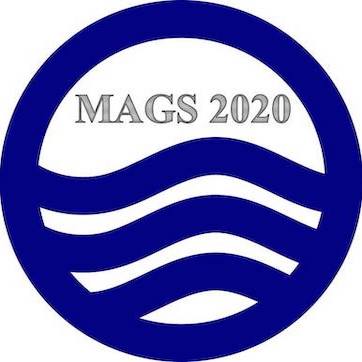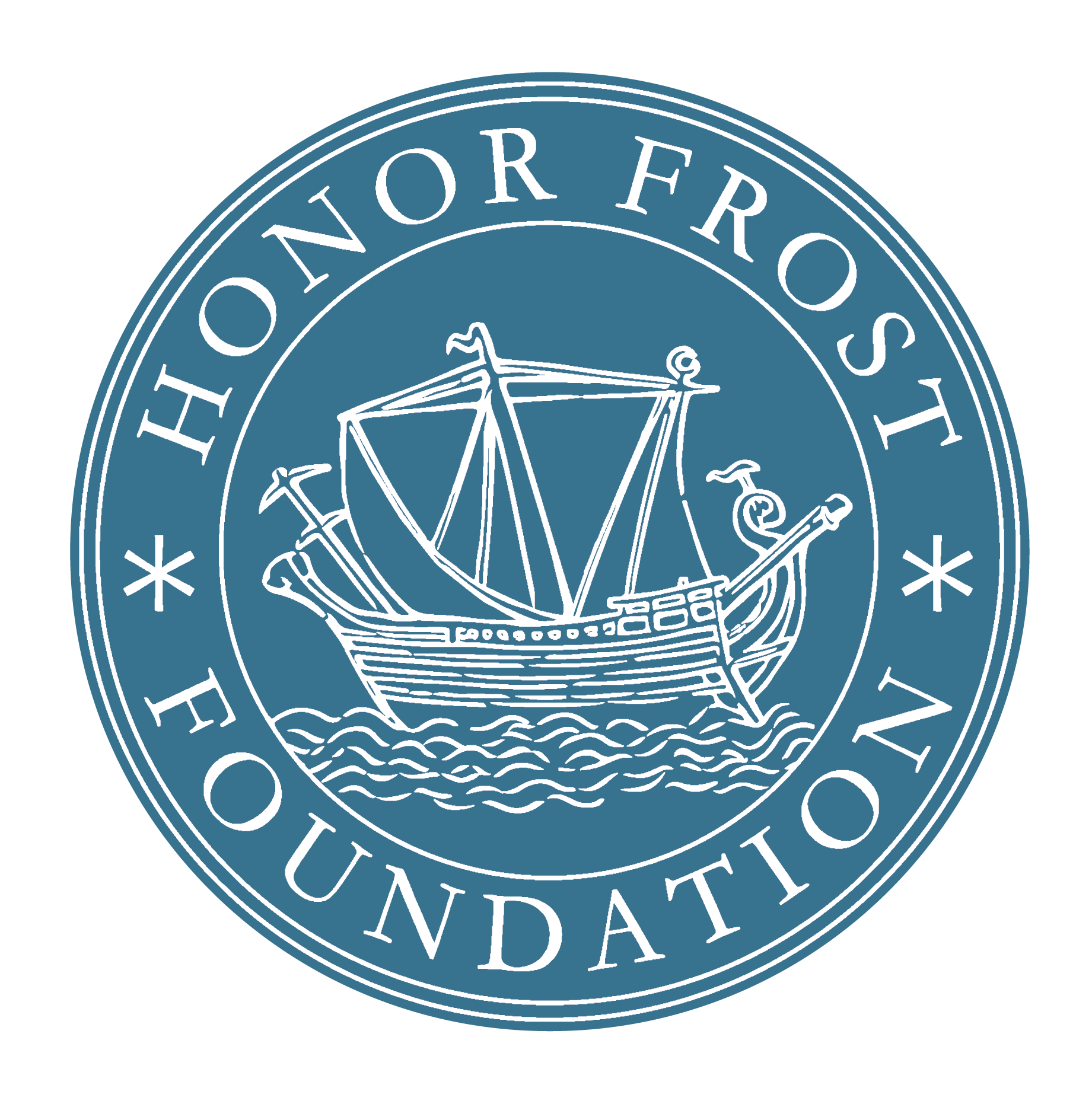MAGS 2020 Short Report Series
The third Maritime Archaeology Graduate Symposium was held at Worcester College, University of Oxford from the 22nd – 23rd February 2020 and organised by our Oxford University Scholars, Nesrine A. El-Galy and Achilles Iasonos.
It is with great pleasure that we present the proceedings of MAGS 2020. It is thanks to the commitment of our authors that we have been able to deliver a spectacular array of scientific, practical and theoretical articles, amidst these most uncertain and challenging of times. The proceedings are published with the generous support of the Honor Frost Foundation through their ‘Short Report’ series.
Despite the difficulties resulting from the closing of University libraries and offices as a result of COVID-19, the period of ‘lockdown’ has nevertheless proven to be a fruitful one for the early career researchers of MAGS 2020. From mid-March to early August 2020, the MAGS Committee held many virtual meetings with our authors and exchanged dozens of emails helping to ensure that everyone was able to work effectively from home towards a flexible, stress-free, deadline for this volume.
The following articles present new research covering a wide spectrum of topics relevant to the subdiscipline of maritime archaeology and reflect the results of early career researchers who have either completed Masters degrees or are currently working on doctoral studies. A schematic review of each article follows:
• Adam McKernan-Dawson discusses how we can perceive piracy from an archaeological perspective;
• Stella Rendina reviews the mechanisms of trade emerging from Baetican shipwrecks and their cargo from a holistic perspective in an attempt to shed light on underlying trading patterns;
• Maurice Thurn presents the Humeitepe harbour at Miletus in Asia Minor in the light of the results of geophysical prospection undertaken over the past 20 years in to convey nuanced information relevant to the harbour and the city’s infrastructure more broadly;
• Keith Ross outlines the developmental process that explains why vessels were initially limited to a small size and the means by which they were later able to expand;
• Cristina Laurenti presents the paleo-environment formation process at Pisa San Rossore where 11 ships were sunk, followed by the analysis of the micromorphological results of wood identification Ship A and its conservation status;
• Sirine Saad El-Dine Ghiye, through case studies of Tripoli, Beirut, and Sidon, addresses how the use of remote sensing data such as Landsat 8 and Corona imagery leads to the identification of coastal sites in Lebanon and how comparing different types of georeferenced maps can contribute to highlighting the scale of change in coastal landscapes;
• Ioannis D. Nakas evaluates a new methodological approach to the study of the harbours of the Hellenistic and Roman Mediterranean based on the examination of their configuration vis-à-vis their capacity to accommodate certain numbers and types of ships.
• Mehmetcan Soyluoglu discusses the preliminary results of the 2018 Akanthou survey expedition, Cyprus, which has the aim to produce a sustainable management plan for the future preservation of both the coastal and underwater cultural heritage of the site.
• Sarah Ibrahim Aly introduces a variety of public outreach activities that took place both online and at different venues as part of the 2019 Maritime Archaeology Outreach Project (M.A.O.P.), as well as the subsequent future plans for disseminating awareness about Underwater Cultural Heritage (UCH) and in situ protection.
• Mirette Abdelnour evaluates a brief overview of the main environmental factors affecting different Underwater Cultural Heritage (UCH) sites in the Mediterranean Sea through different case studies at sites at Alexandria, Egypt; Pavlopetri, Greece; Baia, Italy, and Apollonia, Libya; with the end aim of this article being the development of appropriate strategies to mitigate these threats in the near future.
We were delighted to have been entrusted by the Foundation to undertake and deliver the organization of MAGS 2020 and its subsequent Proceedings. It was a truly pleasurable and intellectually stimulating experience to welcome everyone to Worcester College, University of Oxford, and to share in a memorable weekend. One of the key outcomes of the conference was the creation of new scholarly networks and friendships that we can take forward into our future careers. We are consequently eagerly anticipating meeting again, either virtually or, when possible, in person to further discuss and push the academic boundaries of the subdiscipline of maritime archaeology that we all love and cherish.
Until then, stay safe, healthy and think of the sunshine,
Achilles Iasonos and Nesreen A. El-Galy
27/08/2020

CLICK THE LINKS BELOW TO VIEW THE REPORTS
A. Mckernan-Dawson. Moving in Silence and Violence: Some Thoughts on the Archaeology of Piracy
S. Rendina. Shipwrecks with Baetican cargo in the Western Mediterranean, First to Third Centuries AD: maritime trade and cargo composition
M. Thurn. The Humeitepe Harbour at Miletus: An analysis of its infrastructure
K. Ross. The development of maritime technical capability in the Mediterranean from 1500 – 400 BC
C. Laurenti. Wood species analysis of timbers from Ship A, Pisa San Rossore
S.Ghiye. The Use of Remote Sensing for Identifying Coastal Sites in Lebanon
I. Nakas. Ships and harbours of the Hellenistic and Roman Mediterranean: a new approach
M. Soyluoğlu. Underwater cultural heritage protection in Cyprus and its contribution to Roman archaeology
S. Ibrahim Aly. The Maritime Archaeology Outreach Project (MAOP), Alexandria, Egypt
M. Abdelnour. The Impact of Environmental Changes on Coastal Archaeological Sites in the Mediterranean

